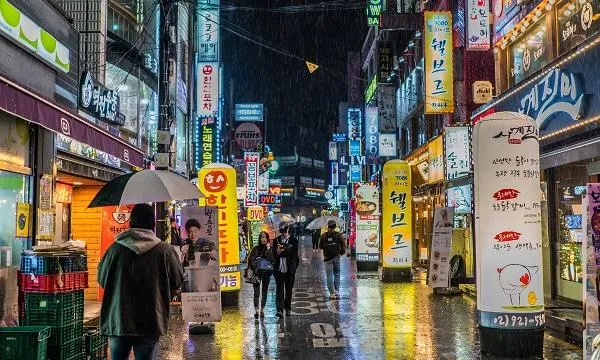
South Korea to expect modest near-term retail sales figures
The country is seeing its worst outbreak, leading to tighter restrictions on stores.
Despite improving figures this year, South Korea’s retail sales is expected to continue to be constrained in the near term as inbound tourism in the country remains frozen, according to a report from Fitch Solutions.
Retail sales in South Korea posted a 10.9% YoY rise in March, the highest since January 2011, following a 8.3% YoY growth in February. This data in part reflects a low base of comparison from early last year amidst the outbreak.
Further, consumer confidence In Korea has been on an upward trend over 2020-2021, after the index hit a record low of 73.3 in April 2020. Most recent data show confidence levels reaching 102.2 in April 2021, but this is still lower than pre-pandemic levels.
As of 17 May, the country remains on the downward end of its third wave. However, in terms of daily cases, this wave has been the country's worst yet, recording a seven-day average of 1,380 COVID-19 cases at its peak, Fitch said.
This led to authorities expanding social distancing restrictions across South Korea. The country is currently on Level 2, the third-highest tier, of the government's COVID-19 response plan.
Many public establishments, including department stores, private schools, in-person dining, and entertainment facilities, must close by 9PM. Restaurants and cafes must stop indoor dining at that time, though takeaway service can continue.
Unemployment is estimated to remain slightly elevated over Q1 2021 but is still expected to show continued improvement, reducing pressure on spending over the remainder of 2021, as economic growth supports job creation and disposable incomes.
Real household spending in South Korea is projected to begin its recovery over 2021, growing by a projected 2.5% YoY, after an estimated contraction of 3.9% in 2020, as the economic impact of the pandemic has created a low base for consumer spending to grow from.
South Korean households have been supported by the government, partially shielding them from the worst of the economic impact. This support included wage subsides and cash payments to households suffering from falling income due to Covid-19.
“The recovery in retail sales will rely on the ability of the government to vaccinate enough of the population, to allow for the gradual easing of restriction,” Fitch said. South Korea began vaccinations in February and, as of 17 May, has administered 9.1 doses per 100 people.
“This is higher than regional peer Japan with 4.8 doses per 100 people. However, we note that this is still a slow rate and could mean that if there is an uptick in Covid-19 cases in the country, it would not be enough to starve off any further restrictions,” the report added.



















 Advertise
Advertise






